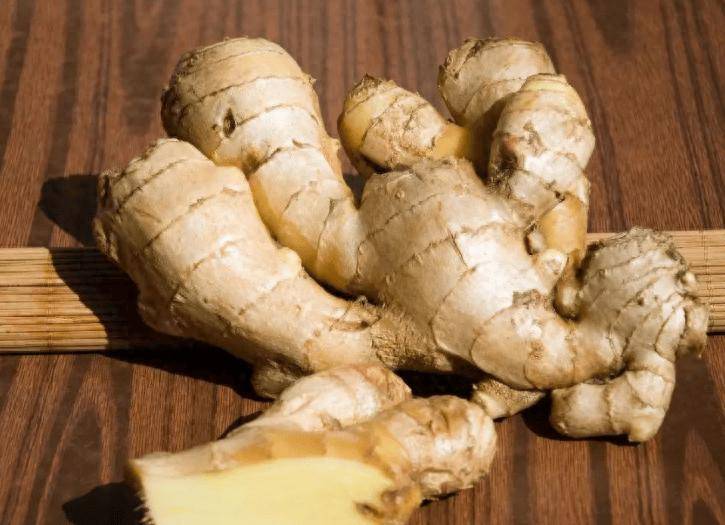#Looking for those who love to express themselves#
Statement: The content of this article is original, written based on authoritative medical materials combined with personal views, and was first published on today’s headlines for 72 hours. There is a 5-second free advertisement in the article, and we thank all readers for clicking to support originality. The sources of the references are noted at the end of the article. To facilitate readers’ understanding, some storylines have fictional elements, aimed at educating on health knowledge, please be aware.
Statement: The content of this article is original, written based on authoritative medical materials combined with personal views, and was first published on today’s headlines for 72 hours. There is a 5-second free advertisement in the article, and we thank all readers for clicking to support originality. The sources of the references are noted at the end of the article. To facilitate readers’ understanding, some storylines have fictional elements, aimed at educating on health knowledge, please be aware.
Ginger is a common ingredient on our dining tables, appearing in almost every steaming hot home-cooked dish. Especially on cold winter days, a bowl of hot ginger soup can disperse the chill and make people feel warm and comfortable.
However, many people have a question: should ginger be peeled before eating?
There is an old saying: “Eating ginger without peeling it brings lifelong illness.” Is this scientific advice or unfounded superstition?
Should one peel ginger before eating? Don’t get it wrong!
Some say ginger skin is dirty and must be removed; others believe that ginger skin contains abundant nutrients and should be retained.
Ginger skin contains volatile oils, gingerol, and various antioxidants that are similar to those found in ginger itself. These components are beneficial for digestion, anti-inflammation, and antioxidant effects.
In traditional Chinese medicine, ginger skin is even used to treat symptoms such as colds and coughs, and its medicinal value cannot be ignored.
During the planting process, ginger may be exposed to pesticides and other chemicals, and these residues may likely adhere to the outer skin.
If ginger has not been organically grown, failing to thoroughly wash the skin before consumption could lead to the intake of these harmful chemicals.
To address this, a few practical suggestions can be utilized to ensure that one can benefit from the nutrition of ginger skin while avoiding potential risks:
1. Choose organic ginger: Organic ginger avoids the use of chemical pesticides during cultivation, making it more suitable for whole consumption, including the skin.
2. Thorough washing: Regardless of whether it is organic, ginger brought home should be thoroughly rinsed under running water. A small brush can be used to scrub the skin under running water to remove surface residues.
3. Light peeling: If concerned about pesticide residues, one can remove only the thin outer layer of the ginger skin, retaining the inner part. This way, the risk is reduced while still preserving most of the nutritional components.


